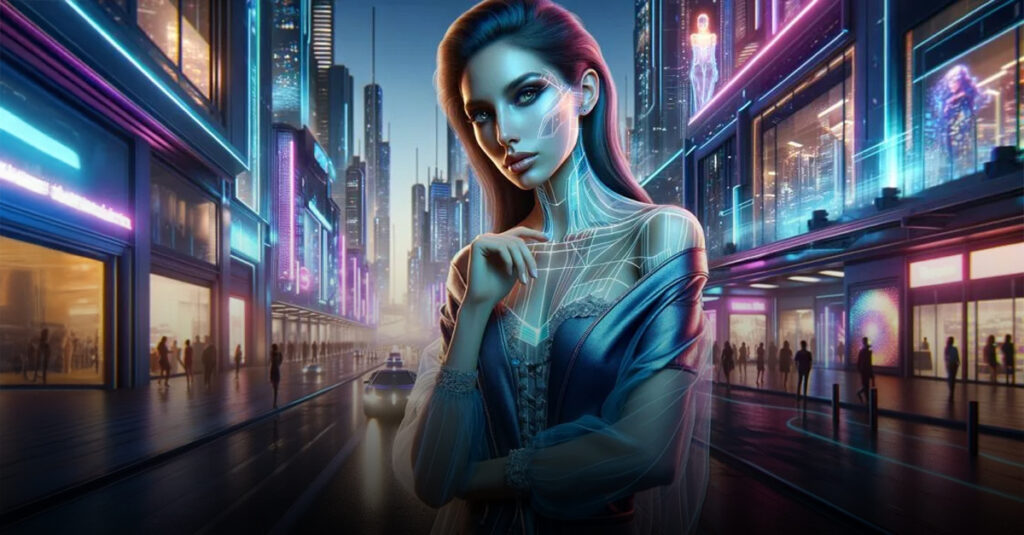Social media has always evolved fast, but in 2025, the shift is seismic.
We’re witnessing a new phase where platforms aren’t just places to scroll, they’re places to shop, engage, and interact with AI driven personalities.
Two trends leading the charge?
Live Shopping and AI Influencers.
Together, they’re blurring the lines between entertainment, e-commerce, and artificial intelligence, and changing how we buy, sell, and connect online.
Live Shopping and AI Influencers
Live shopping is a real-time, interactive experience where viewers can purchase products during a livestream. Think of it as QVC for the TikTok era, with influencers, creators, or even AI hosts demonstrating products and answering questions in real time.
Already huge in China via platforms like Taobao Live and Douyin, live shopping is now gaining traction globally through:
- Instagram Live
- YouTube Shopping
- TikTok Shop
- Amazon Live
In 2025, it’s expected to become a $500B global market, with Gen Z and Millennials driving the growth.
Enter: AI Influencers
AI influencers are virtual personas, powered by AI models and rendered using hyper-realistic visuals, who create content, engage with fans, and promote brands just like human influencers. Some are fully synthetic; others are digital twins of real people.
Top examples:
- Lil Miquela: One of the first mainstream AI influencers, still active in fashion.
- Noonoouri: Recently signed to a major record label.
- AI clones of real creators now do branded livestreams, work while their human counterparts sleep, and even host live shopping events.
These influencers are:
- Always on-brand
- Never burn out
- Able to engage 24/7 across multiple platforms
Why This Matters for Brands & Creators
1. Higher Conversion Rates
Live shopping combines visuals + urgency + direct links, creating a perfect storm for purchases. Studies show it converts up to 10x higher than traditional e-commerce.
2. Consistent Content
AI influencers remove scheduling bottlenecks and offer on-demand promotions, all while maintaining a polished, controlled brand voice.
3. Global Scalability
AI personas can speak multiple languages, adapt to regional cultures, and appear in different countries, without ever leaving a studio.
4. Cost Efficiency
Virtual influencers eliminate travel, wardrobe, lighting, and logistics, saving time and budget while increasing production volume.
How Live Shopping and AI Influencers Are Shaping the Future of Social Media
The future is social commerce, but powered by automation and intelligence.
Social platforms are no longer just ad channels. They are becoming:
- Virtual storefronts
- Interactive entertainment centers
- AI-driven engagement hubs
And for creators? It’s both an opportunity, and a challenge.
Human authenticity remains irreplaceable, but AI is quickly taking over repetitive tasks, scalable content, and global reach.
Challenges Ahead
- Trust & Transparency: Should audiences know when they’re interacting with AI?
- Brand Responsibility: What happens when a virtual influencer makes a controversial move, who’s accountable?
- Creator Job Loss Concerns: Will AI clones replace the very influencers who trained them?
Expect tighter regulations and digital identity standards as this space grows.
Welcome to the Era of Social Commerce 2.0
2025 proves that social media is no longer just for sharing life, it’s for shaping commerce, driving culture, and fusing human creativity with machine consistency.
Live shopping and AI influencers aren’t gimmicks; they’re the new gears in the engine of engagement.
And whether you’re a brand, creator, or consumer…
You’re already a part of it.
Looking for more ideas and updates? Check out our full collection of blog articles here.

